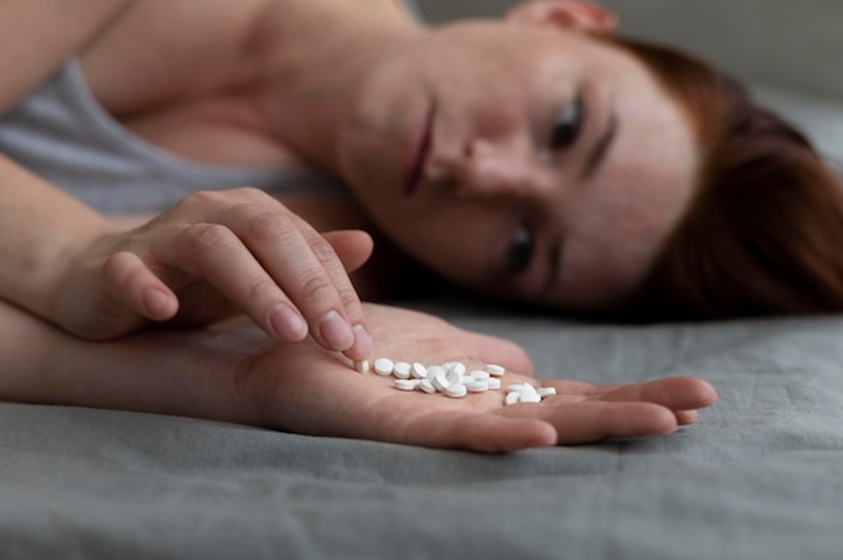As instances of drug overdoses continue to rise, more individuals and communities are grappling with questions about prevention and treatment. This article will delve into the topic of drug overdoses, exploring what an overdose is and how it occurs and offering tips and resources to help avoid this dangerous and sometimes fatal situation.
What is Drug Overdose?
A drug overdose occurs when an individual consumes a toxic or lethal amount of a substance—be it illicit drugs, prescription medications, or even over-the-counter drugs—for the body to process safely. When the body is overwhelmed by the presence of a harmful substance, it can cause significant damage to vital organs, such as the liver, kidneys, and brain, and may lead to respiratory or cardiovascular failure, seizures, coma, or death.
How Can an Overdose Occur?
There are several ways an overdose can occur:
- Accidental ingestion: This can result from a mistake in dosage, administering the wrong medication, or severe drug interactions.
- Intentional misuse: Deliberate consumption of excessive drug doses may be driven by a desire for an enhanced or prolonged high or, in some cases, suicidal tendencies.
- Changes in tolerance level: After a period of abstinence, an individual’s tolerance for substance decreases; thus, a previously tolerable dose may become life-threatening upon relapse.
- Drug potency: The strength or purity of drugs, notably illicit substances, can vary dramatically, making it difficult to estimate safe dosages and increasing the risk of overdose.
How to Prevent Overdose?
Preventing drug overdose requires multi-faceted approaches that focus on education, harm reduction, and access to addiction treatment services.
- Educate yourself and others: Understand the risks associated with drug use, and learn the signs of overdose and appropriate responses. Educate your loved ones about how to recognize and respond to a potential drug overdose.
- Limit drug exposure: Keep medications in secure and properly labeled containers, away from children and pets. Dispose of unused medications safely and responsibly.
- Naloxone: This medication can reverse the effects of an opioid overdose if administered quickly. Get trained in administering naloxone and keep it on hand if you or someone you know is at risk of an opioid overdose.
- Seek professional help: Individuals struggling with addiction or substance abuse should visit reputable drug and alcohol treatment centers in Fort Lauderdaleto discuss their options and begin the journey toward recovery.
To Sum Up
Drug overdose is a serious and potentially life-threatening situation. By understanding the risks, educating ourselves and others, practicing safe drug storage, having access to naloxone, and seeking professional help when necessary, we can reduce the number of drug overdoses and save lives. In addition, you may also check out this blog to know why you should quit heroin if you or someone you love is addicted to it. Remember, you are not alone. With the right tools and support, recovery is possible. Thank you for reading!










